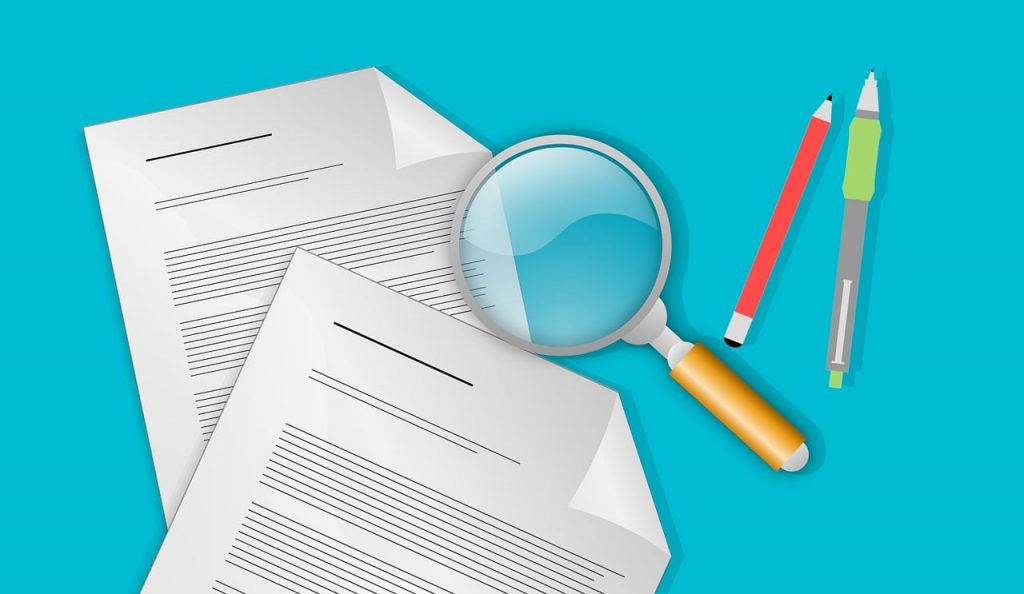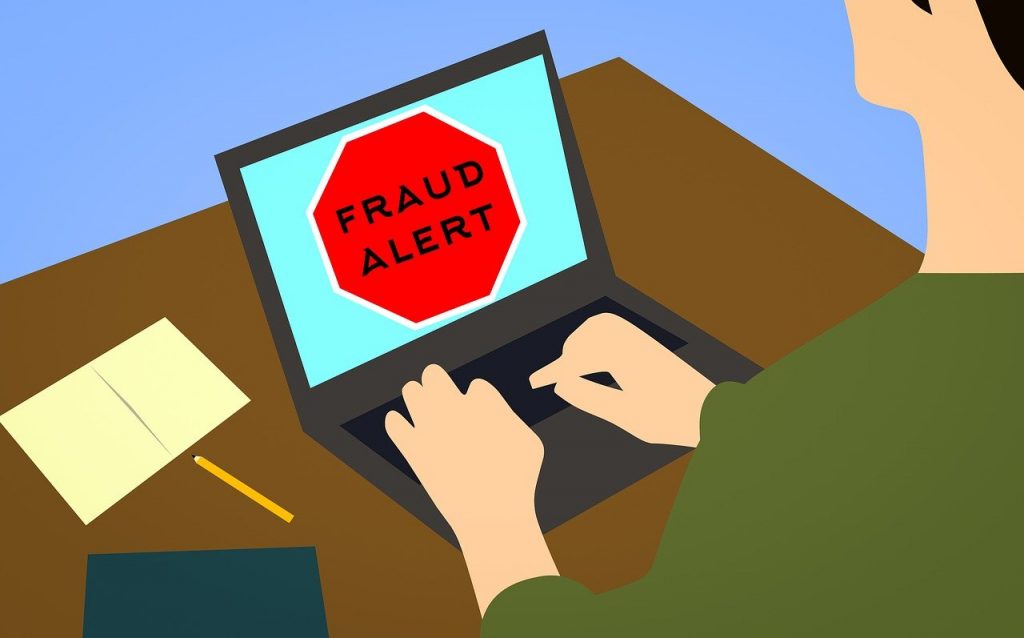Crafting compelling content for a criminal defense attorney’s website blog requires a deep understanding of the target audience—individuals facing criminal charges in Utah. By researching their needs and concerns, you can create informative posts that explain complex legal concepts in a clear and accessible manner. Showcase your expertise and experience through engaging case studies and real-life scenarios, instilling confidence and setting your firm apart. Address common legal concerns directly, providing reassurance and guidance. Incorporate personal stories to humanize your practice and create emotional connections. Optimize your content for search engines by conducting keyword research and incorporating keywords naturally. Every blog post should include a clear call-to-action, prompting potential clients to take the next step and seek assistance promptly. This article focuses on the topic of prescription drug fraud, shedding light on this serious criminal offense and providing valuable insights for those impacted.
Prescription Drug Fraud
Prescription drug fraud is a serious and illegal activity that involves obtaining or using prescription drugs in a deceptive or fraudulent manner. This can include activities such as forging prescriptions, using stolen prescription pads, doctor shopping, or altering prescriptions to obtain a larger quantity of medication. The misuse of prescription drugs not only poses a significant risk to individuals’ health but also contributes to the growing problem of addiction and substance abuse in society.

This image is property of pixabay.com.
Definition of Prescription Drug Fraud
Prescription drug fraud can be defined as the deliberate and deceptive acquisition, possession, or distribution of prescription drugs for personal use or profit. It involves the intentional falsification of information or the manipulation of the healthcare system to obtain prescription medications illegally. This can include actions taken by both patients and healthcare providers.
Types of Prescription Drug Fraud
There are several types of prescription drug fraud that individuals may engage in. These include:
- Forging Prescriptions: This involves creating a false prescription or altering an existing one to obtain prescription drugs illegally.
- Doctor Shopping: This refers to the practice of visiting multiple doctors or clinics to obtain multiple prescriptions for the same medication without disclosing previous prescriptions.
- Stolen Prescription Pads: Stealing prescription pads from healthcare providers and using them to write fraudulent prescriptions.
- Pharmacy Fraud: This involves actions taken by pharmacists or pharmacy staff, such as dispensing medication without a valid prescription or filling prescriptions for patients who do not exist.
- Online Pharmacies: Illegitimate online pharmacies that sell prescription drugs without requiring a valid prescription, often resulting in the distribution of counterfeit or substandard medications.
Common Drugs Involved in Prescription Drug Fraud
Prescription drug fraud can involve various types of medications, but there are certain drugs that are more commonly associated with this illegal activity. These include:
- Opioids: Drugs such as oxycodone, hydrocodone, and morphine are often misused and abused due to their powerful pain-relieving properties. They are frequently targeted by individuals seeking to obtain these drugs illegally.
- Stimulants: Medications like Adderall and Ritalin, commonly prescribed for conditions such as attention deficit hyperactivity disorder (ADHD), can be obtained fraudulently due to their potential for misuse and recreational use.
- Benzodiazepines: Drugs such as Xanax and Valium, which are prescribed for anxiety and sleep disorders, are often sought after for their sedative effects. They can be targeted by individuals seeking to abuse or sell them.
- Muscle Relaxants: Medications like Soma and Flexeril, prescribed for muscle spasms and pain, can also be misused and obtained fraudulently.
- Antidepressants: While not typically associated with abuse, antidepressants such as Prozac and Zoloft may be targeted for fraudulent purposes due to their widespread use and availability.
Signs and Symptoms of Prescription Drug Fraud
Identifying prescription drug fraud can be challenging, as individuals engaging in this illegal activity often go to great lengths to conceal their actions. However, there are certain signs and symptoms that may indicate potential fraud:
- Frequent Change of Doctors or Pharmacies: Individuals involved in doctor shopping or pharmacy fraud may constantly switch healthcare providers or pharmacies to avoid detection.
- Patterns of Prescription Refills: Unusual patterns of prescription refills, such as frequent early refills or obtaining multiple prescriptions for the same medication, may indicate fraudulent activity.
- Receiving Excessive Quantities of Medication: Individuals obtaining unusually large quantities of medication without a legitimate medical need may be involved in prescription drug fraud.
- Altered or Forged Prescriptions: Any suspicious alterations or discrepancies in prescription documents, such as tampered dates or quantities, should raise concerns about potential fraud.
- Engaging in Illegal Online Purchases: Ordering prescription medications from illegitimate online pharmacies without a valid prescription is a clear indication of illegal activity.

This image is property of pixabay.com.
Consequences of Prescription Drug Fraud
Engaging in prescription drug fraud can have severe consequences for both individuals and society as a whole. Some of the potential consequences include:
- Health Risks: Misusing prescription drugs can lead to adverse health effects, including addiction, overdose, and organ damage.
- Criminal Charges: Prescription drug fraud is a criminal offense and can result in charges such as fraud, forgery, or illegal possession or distribution of controlled substances.
- Loss of Professional Licenses: Healthcare providers involved in prescription drug fraud can face disciplinary actions, including the revocation or suspension of their professional licenses.
- Financial Impact: The cost of prescription drug fraud is significant, leading to increased healthcare expenses and insurance premiums for individuals and society.
- Contributing to the Opioid Epidemic: Prescription drug fraud contributes to the ongoing opioid epidemic by increasing the availability of these drugs for misuse and abuse.
The Role of Healthcare Providers in Preventing Prescription Drug Fraud
Healthcare providers play a crucial role in preventing prescription drug fraud. By implementing the following measures, they can help minimize the occurrence of fraudulent activities:
- Improved Prescription Monitoring Programs: Healthcare providers should actively participate in prescription drug monitoring programs (PDMPs) to identify potential cases of doctor shopping or excessive prescription refills.
- Implementing Electronic Prescribing Systems: Transitioning to electronic prescribing systems can reduce the risk of altered or forged prescriptions, as electronic prescriptions are more secure and less prone to manipulation.
- Enhancing Patient Education: Healthcare providers should educate patients about the risks of prescription drug abuse and the importance of using medications as prescribed, as well as the consequences of fraudulent activities.
- Regular Audits and Reviews: Conducting regular audits of prescriptions and patient records can help identify any unusual patterns or discrepancies that may indicate fraudulent activity.
- Secure Prescription Pads and Prescription Pad Management: Healthcare providers should ensure that prescription pads are securely stored and monitored to prevent theft and unauthorized access.

This image is property of pixabay.com.
Government Efforts to Combat Prescription Drug Fraud
The government has implemented various strategies to combat prescription drug fraud and protect public health. These efforts include:
- Prescription Drug Monitoring Programs (PDMPs): These state-operated electronic databases track controlled substance prescriptions and provide healthcare providers with access to patients’ prescription history, helping to identify potential cases of fraud or abuse.
- Law Enforcement Initiatives: Federal and state law enforcement agencies collaborate to investigate and prosecute individuals involved in prescription drug fraud, focusing on both patients and healthcare providers.
- Legislative Measures: Government bodies pass and enforce laws and regulations aimed at curbing prescription drug fraud, such as mandatory use of tamper-resistant prescription pads and increased penalties for fraud-related offenses.
- Educational Campaigns: The government conducts public awareness campaigns to inform individuals about the risks of prescription drug abuse and the consequences of engaging in fraudulent activities.
- Collaboration with Healthcare Providers: Government agencies work closely with healthcare providers to provide guidance and support in identifying and preventing prescription drug fraud.
Tips for Preventing Prescription Drug Fraud
To protect yourself and society from prescription drug fraud, consider the following tips:
- Follow Prescriptions as Directed: Only use prescription medications as directed by a healthcare professional and avoid sharing or selling your medication.
- Safeguard Prescription Information: Keep your prescriptions secure and avoid sharing details such as prescription numbers or personal information with anyone except healthcare providers and pharmacists.
- Dispose of Medications Properly: When no longer needed, dispose of unused prescription medications safely by following recommended methods, such as drug take-back programs or utilizing drug disposal kits.
- Be Aware of Online Pharmacies: Exercise caution when purchasing medications online and only use legitimate pharmacies that require a valid prescription.
- Report Suspicious Activity: If you suspect prescription drug fraud, report it to the appropriate authorities, such as local law enforcement or the state’s medical board.
How to Report Prescription Drug Fraud
If you have information about prescription drug fraud or suspect someone of engaging in fraudulent activities, it is essential to report it to the appropriate authorities. The specific reporting procedures may vary depending on your location, but generally, you can:
- Contact Local Law Enforcement: Report your concerns to your local police department, providing them with any relevant information or evidence you have.
- Notify Your Healthcare Provider: Inform your healthcare provider or pharmacist about any suspicious activity you have witnessed, allowing them to take appropriate action.
- Reach Out to State Regulatory Authorities: Contact the state’s medical board or pharmacy board to report fraudulent activities by healthcare providers or pharmacies in your area.
- Utilize Anonymous Reporting Hotlines: Some states or organizations may provide anonymous hotlines or reporting systems specifically for reporting prescription drug fraud.
- Cooperate with Investigations: If contacted by law enforcement or regulatory agencies during an investigation, provide them with any requested information or evidence to aid in their efforts.
Conclusion
Prescription drug fraud poses significant risks to individuals’ health, contributes to the ongoing opioid epidemic, and strains healthcare systems. It is essential for both individuals and healthcare providers to be vigilant in preventing and reporting fraudulent activities. By understanding the various types of prescription drug fraud, recognizing the signs and symptoms, and following preventive measures, we can collectively work towards reducing the incidence of prescription drug fraud and promoting a safer and healthier society for all.



